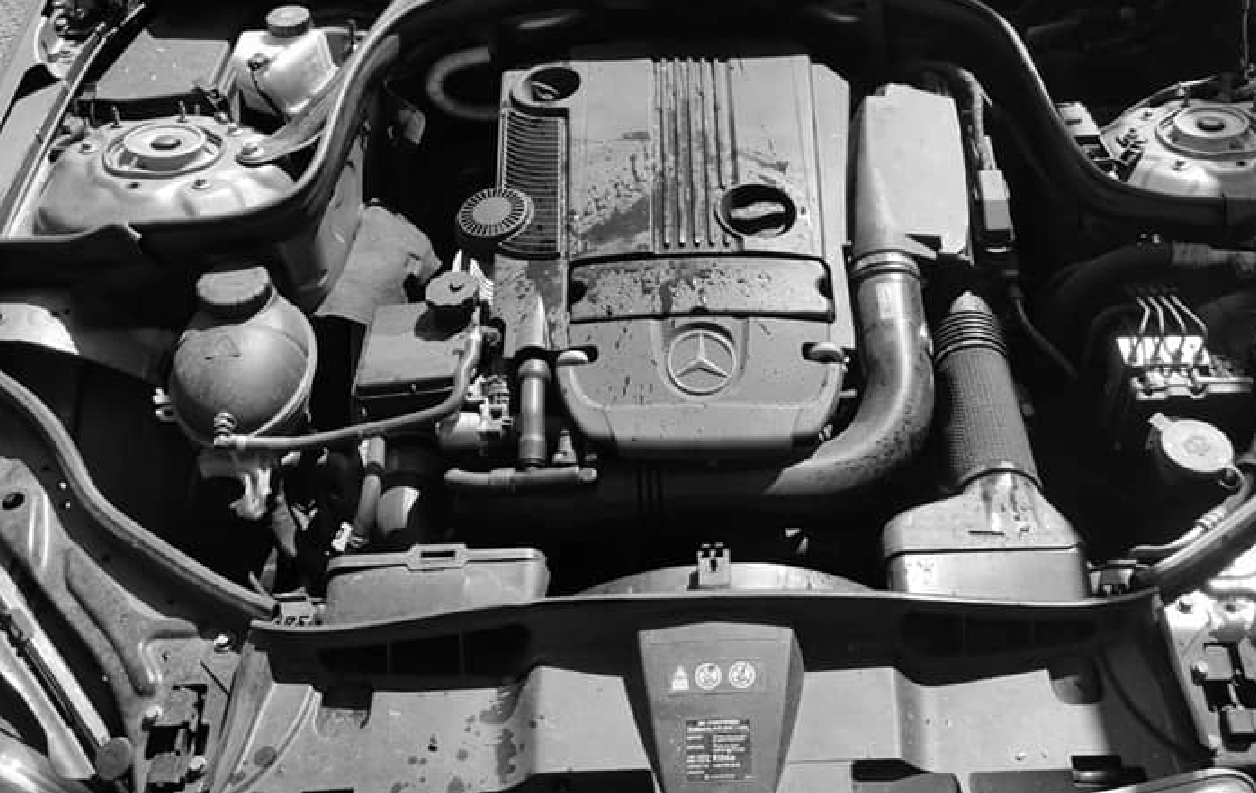Regulatory Compliance: Ensuring Authenticity and Standards with Automotive Parts in Kuala Lumpur
In the bustling automotive market of Kuala Lumpur, maintaining regulatory compliance is paramount to ensure the authenticity and standards of automotive parts. As the automotive industry evolves, regulations become more stringent, requiring manufacturers and suppliers to adhere to various standards to uphold quality and safety. Regulatory compliance refers to the adherence to laws, regulations, guidelines, and specifications relevant to a particular industry. In the automotive sector, compliance involves meeting standards set by regulatory bodies to ensure product safety, environmental protection, and consumer rights.
Regulatory bodies such as the Department of Standards Malaysia (Standards Malaysia) and the Malaysian Automotive, Robotics, and IoT Institute (MARii) play a crucial role in establishing and enforcing standards for automotive parts. They conduct inspections, provide certifications, and monitor compliance to safeguard the interests of consumers and promote industry growth. Certifications like the MS ISO 9001 and MS ISO/TS 16949 demonstrate a company’s commitment to quality management systems in automotive production.
Despite the benefits, achieving regulatory compliance poses several challenges for automotive parts Kuala Lumpur. The automotive industry is subject to a complex web of regulations from both local and international bodies. Navigating these regulations requires extensive knowledge and resources to interpret and implement the requirements effectively. The global nature of the automotive supply chain adds another layer of complexity to regulatory compliance. Suppliers must ensure that their products meet not only local regulations but also the standards of international markets where their components may end up. Complying with regulations often entails significant investments in equipment, training, and certification processes, impacting the competitiveness of companies, especially smaller players with limited resources.
Sunny Courtyard Sdn Bhd, a leading supplier of automotive parts in Kuala Lumpur, prioritizes regulatory compliance to maintain its reputation for quality and reliability. By investing in state-of-the-art facilities and employing skilled personnel, the company ensures that its products meet or exceed industry standards. To stay ahead of evolving regulations, Sunny Courtyard Sdn Bhd adopts a proactive approach to compliance. The company regularly reviews its processes, conducts thorough quality checks, and seeks feedback from customers to identify areas for improvement. Collaboration with regulatory agencies and industry partners is integral to Sunny Courtyard’s compliance strategy. The company participates in workshops, seminars, and training programs to stay abreast of regulatory updates and emerging best practices.
In conclusion, regulatory compliance is a fundamental aspect of the automotive parts industry in Kuala Lumpur. Companies like Sunny Courtyard Sdn Bhd demonstrate that by prioritizing compliance, they not only meet legal requirements but also enhance product quality, customer satisfaction, and industry reputation. Despite the challenges, a proactive approach to compliance is essential for sustainable growth and success in the competitive automotive market.

